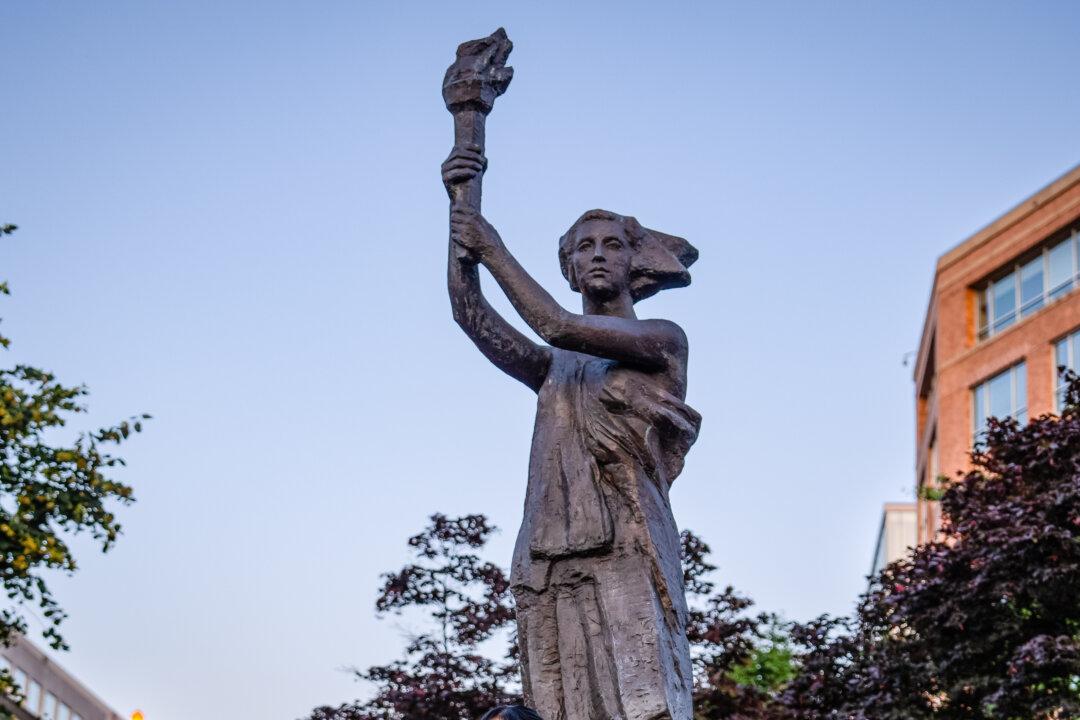Commentary
Near Atlanta, on a spring day in 1990, I was outside, underneath a large tent with dozens of others seated at tables, each facing a telephone.

Near Atlanta, on a spring day in 1990, I was outside, underneath a large tent with dozens of others seated at tables, each facing a telephone.